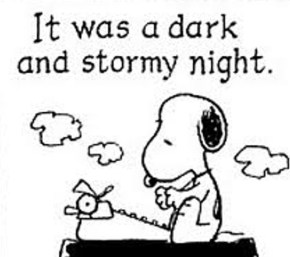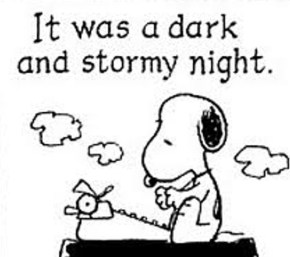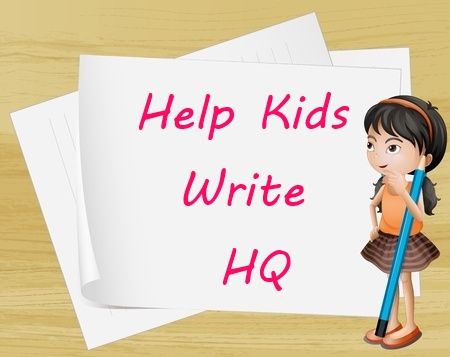Today I want to interview the woman who laid the foundation for my desire to write, my multiple blogs, and my four published books: my mom, Ruth. Let’s get started.
Abby: Mom, what exactly did you do to introduce me to words and at what age?
Ruth: When you were in the womb, I read to you. When you were an infant I read to you and we used regular words not baby talk when we talked together. While you were on the changing table I taped the alphabet, one letter at a time on the wall. I pointed to the letter, pronounced its sound and then used words that started with that letter every time you were on the changing table That was the letter of the day. So you were reading simple books and street signs by the time you were about ten months old.
Abby: How did you instill in me a love for reading?
Ruth: We began talking about stories you could write that began with a little book you wrote as a six year-old called ‘A Cat’. Your dad read Dr. Suess books and a Bible stories book to you often.Two nights a week after supper, I read a story like Black Beauty or Charlotte’s Web at the dinner table. Even your dad enjoyed those nights.
Abby: I remember that. You even read to me while I was in the tub.
Ruth: I also worked as a volunteer at your grade school in the library. The librarian, Melanie, let me bring new books home to read to the family before they were put on the library shelves, as well.
Abby: What advantage do you think you gave me by teaching me to read and write before I entered school?
Ruth: It gave us something in common as you grew older and helped you develop an interest in something more than Garfield books, though you loved them too. It equipped you to converse with adults from an early age and understand concepts that helped you mature and learn with ease. I enjoyed watching you develop a love for the classics by the time you were in middle school
Abby: In what ways did you show how much you liked my writing?
Ruth: We celebrated your writing right from the start. I shared your writing with your grandmothers and they were encouraging as well. I helped you work on writing projects in your homework. I also did critique your work so that my encouragement included the correction you needed to be a good writer. After all, what good would result if you had a mother who was only a cheerleader? You take criticism quite well and seem to ask for it so your work is your best.
Abby: In the beginning, the criticism hurt, but I knew it was necessary to improve my craft.
Now, what did you do to help me broaden out my reading material?
Ruth: When we began homeschooling by eighth grade, we started reading The Hound of the Baskervilles and our English class consisted in learning new words and styles of speaking. We watched PBS English programming and movies and talked about their content, moral lessons and symbolisms.
Abby: I remember that was my first experience reading Sherlock Holmes mysteries and I read nearly all of them and later on developed a taste for other great mystery writers like Agatha Christie. That was also when you introduced my to Wuthering Heights by Emily Brontë where I learned fantastic words like “ignoble”, “hob”, “pensive” and so many others. I had notebook pages full of new words that I now use in my own writing. Then came my favorite English classic, “Jane Eyre” by Emily’s sister, Charlotte Brontë. I’ve read it countless times. Those stories led to me really dive into other English classics. That’s also when I started writing more poetry.
My next question is: What other writing projects did you encourage me to start in order to deal with stress?
Ruth: When you were going through a rough time with friends, in school or at work, I encouraged you to write it down as an outlet. I suggested you take time to write. Keeping a journal helped me through my parents’ divorce, the struggles of school in a new city and the regular angst of being a teenager. I still journal to this day. A friend who is a therapist told me that people who journal are better adjusted, solve problems better and cope with adversity better. I wanted to be a writer as a youth and journaling was very satisfying to me and still is to this day. I wanted you to have that experience.
Abby: I remember my first little journal that we found at a yard sale when I was eight years old. I still have several full journals tucked away in storage. Do you think using writing as a means to express myself helped YOU through my difficult teen years? How?
Ruth: I do. I encouraged you to write your angry thoughts on pieces of paper and put it into a box so you could vent. The understanding was that whatever you wrote or however you felt would not be punished.
Abby: I think that having that box and my journal was a big help too. If you could tell other parents what benefits there are to encouraging your children to write, what would you say?
Ruth: I see so many kids who can’t express themselves verbally or in their writing. They live their lives in their head or in text messages, even as adults. They only relate to people their own age and don’t become rounded out adults as a result. You had more self esteem and concern for others so that often adults commented to me how well you expressed yourself. Our dental hygienist commented that as a little girl you asked her how she was doing that day. She said no one ever asked her that, especially young ones. Not to be overlooked is your spiritual life. There were many kinds of people who were in your life every week and you received training as a child to read, write and speak publicly because of our religious activities.
We are a reading family. Your father writes – with no fanfare – about his interest in history. His job also involved writing work procedures. So reading and writing was always part of our family life.
Abby: Yes. We are definitely a reading family. Grandma is always reading recipe books and magazines and Grandpa has quite the collection of Civil War and American history books.
Thanks for taking the time to answer my questions, Mom.
***
I hope this interview has been helpful to you parents who are looking for ways to encourage your children.
To keep up with new parent interviews, subscribe to Help Kids Write HQ here.



